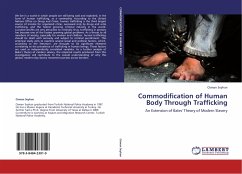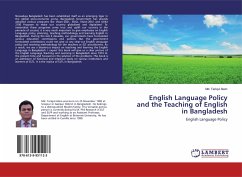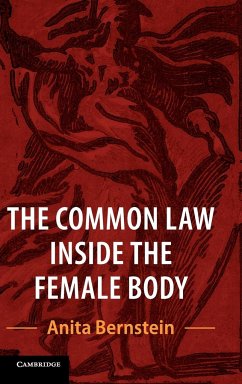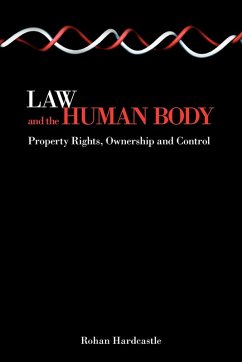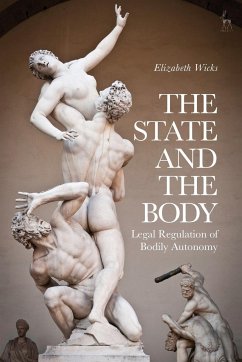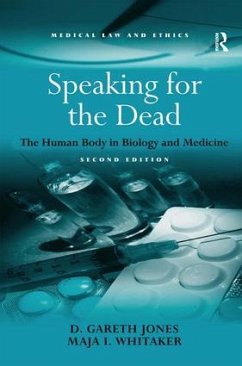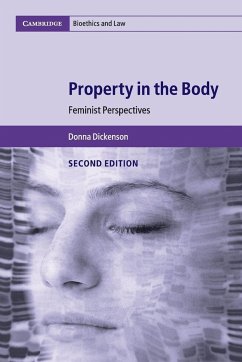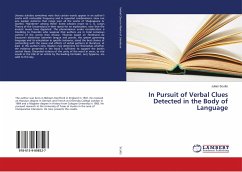
In Pursuit of Verbal Clues Detected in the Body of Language
Versandkostenfrei!
Versandfertig in 6-10 Tagen
51,99 €
inkl. MwSt.

PAYBACK Punkte
26 °P sammeln!
Literary scholars sometimes note that certain words appear in an author''s works with noticeable frequency and in repeated combinations. How can one explain patterns that range over all the works of Shakespeare or Goethe, "Wanderer" among them? Some scholars resort to C. G. Jung's Theory of the Unconscious in their quest for an explanation, now that the ancient muses have departed. The phenomenon under consideration is troubling to theorists who suppose that authors are in total conscious control of the words they choose. Theories based on Ferdinand de Saussure's distinction between langue and...
Literary scholars sometimes note that certain words appear in an author''s works with noticeable frequency and in repeated combinations. How can one explain patterns that range over all the works of Shakespeare or Goethe, "Wanderer" among them? Some scholars resort to C. G. Jung's Theory of the Unconscious in their quest for an explanation, now that the ancient muses have departed. The phenomenon under consideration is troubling to theorists who suppose that authors are in total conscious control of the words they choose. Theories based on Ferdinand de Saussure's distinction between langue and parole, the system governing language and its articulation in specific instances, stand the best chance of contending with the cause and effects of verbal patterns in literature, at least .in this author's view. Readers may determine for themselves whether the evidence presented in the book is sufficient to support the book's central thesis. Discarded notions of the unity of the word in verse, to cite words in the title of an article by the leading Formalist, Jurij Tynjanov, are valid to this day.



